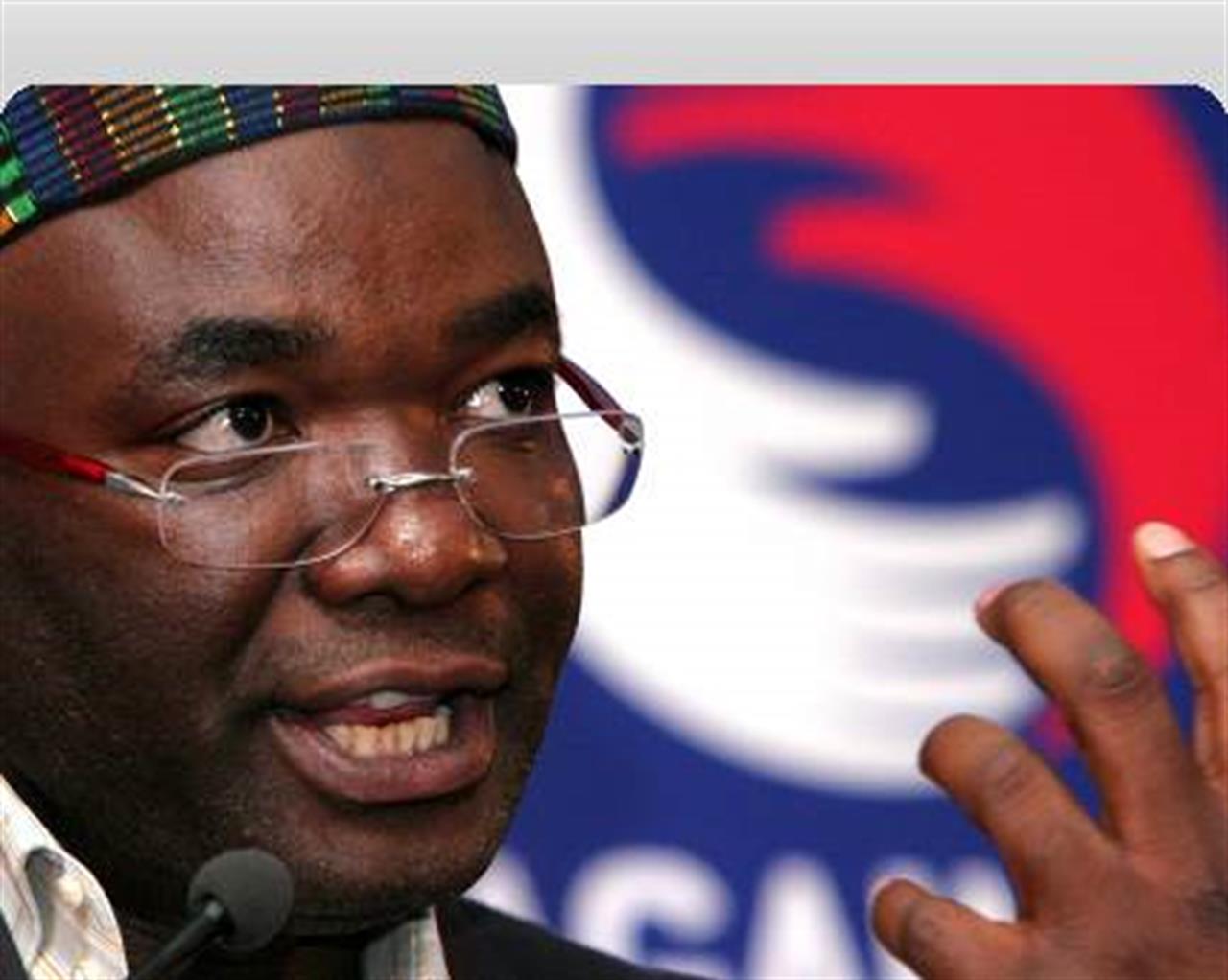Non profit
Football for development
World Cup 2010 countdown. Austria's first black referee talks about racism, sports and football slavery.
di Staff

Austria’s first black referee, Bella Bello Bitugu, 46, believes in football as a tool for change. Originally from Ghana he is today a lecturer in education, African cultures and sociology at the University of Innsbruck. His career as a referee ended after a the vice president of the referees association in Tyrol described a black player as a “sack of coal” and, tired of ignoring racist comments on the field, he decided to promote the integrative power of football to fight discrimination.
Football for Development, Dr. Bitugo’s most recent project, aims to do just that. Launched in April, just in time to catch the wave of football mania bound to take over the world once the World Cup kicks off on June 11, the project focuses teaching values through football both in Africa and in Europe. Partnerships have been created between Austria, Italy, the Czech Republic and Hungary in Europe and Ghana, Nigeria, DR Congo, Kenya, South Africa and Gambia in Africa and through these workshops, seminars and exchanges will take the message across the world.
Bella B. Bitugu’s credentials are as sound as they come as he is also one of VIDC Fairplay coordinators, a founding member of Football Against Racism in Europe (FARE) and the recipient of the 2006 FIFA FairPlay Prize in Zurich. If Bella Bello Bitugu’s football could do for Africa what ping pong did for China-US relations in the 70s, this World Cup would be one to remember.
Interview by Cristina Barbetta
Africa is about to host its first World Cup. How do you feel?
First of all it means that Africa is respected and considered capable of hosting one of the biggest events in the world. I hope that this platform will make people realize that Africa isn’t a country but a continent made up of 53 countries. I also hope that at the end of the World Cup some of the billions that are spent on this one-month activity will remain for the poorest people.
Can football be a tool for development?
Yes. With more than 200 million people from all walks of life involved in football, either actively or passively, it is one of the world’s most popular games and can be used to reach out to many people. Young people especially can learn important values like respect, gender equality, education through playing sports. There are places where people don’t have access to formal education in the classrooms and with football you can teach them things they wouldn’t otherwise learn. Football idols and FIFA ambassadors spread messages about poverty, gender and AIDS.
What do you think about the global trade in African players?
I call it the new football slavery. For every Drogba, Essien and Eto’o there are hundreds of football players who have failed and who are living as illegal migrants with no future. There are no official statistics but estimates say that between 3 to 5 thousand Africans who failed to sign contracts in Europe are now living in Europe illegally. If the game were to grow in Africa and if more rights and better contracts could be guaranteed the situation would improve.
How would you rate FIFA’s social initiatives in the run up to this world cup?
I think FIFA’s intentions are great but I also think we can only its projects in a few years time. I question the sustainability of the 20 centres for 2010 campaign – the whole project is worth $10 million but FIFA is only contributing $1 million and the other partners have to make up the rest. Will they see the project through to the end? I also question the lack of African participation in the Football for Hope programme is worrying – most of the people and organizations managing the projects are from the West while Africans take whatever is being given. I think that more involvement of Africans at top levels should be ensured.
Who would you give the red card to in Europe for loosing the battle against racism?
Racism is everywhere and authorities are doing very little to fight racism in football but the situation is especially bad in Italy and Spain. There are serious examples of racism in both countries – against Balotelli, the history of Di Canio, Lazio fans’ right wing extremism… The main problem in Italy is that not only are football authorities doing little to prevent racism but that they don’t even want to recognise the problem. This also happens in Spain.
17 centesimi al giorno sono troppi?
Poco più di un euro a settimana, un caffè al bar o forse meno. 60 euro l’anno per tutti i contenuti di VITA, gli articoli online senza pubblicità, i magazine, le newsletter, i podcast, le infografiche e i libri digitali. Ma soprattutto per aiutarci a raccontare il sociale con sempre maggiore forza e incisività.
